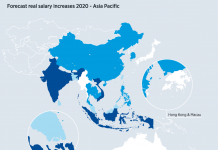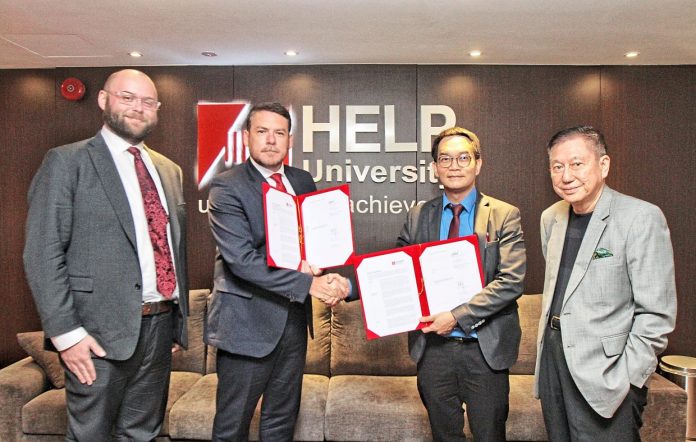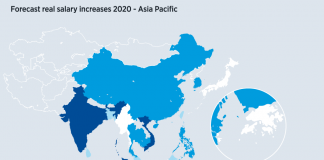Help University is partnering with Macquarie University, a leading cyber school in Sydney, Australia, in efforts to bridge the cybersecurity skills gap in ASEAN. HELP University chancellor Prof Datuk Dr Paul Chan said, “Regulatory bodies and industries, such as the Human Resource Development Corporation, are supportive and aware of the need for a robust cybersecurity education to safeguard assets and personal safety, as well as to promote ESG strategies.” He was speaking at the signing of a memorandum of understanding (MoU) between HELP, a Malaysian Digital Economy Corporation Premier Digital Tech Institution, and Macquarie University. The partnership with HELP’s Institute for Professional and Executive Development marks Macquarie’s inaugural collaboration in the Asean region, with the courses to be introduced by the end of next month.
Prof Chan said the courses will form a comprehensive cybersecurity ecosystem, aligned with ESG and data protection principles, which will be organised into micro-credentials, with potential for inclusion in electives, and eventual expansion into diploma, degree and postgraduate studies. Some of these courses, he said, will enhance cybercrime literacy among young individuals, all while upholding quality and affordable education. By setting and upholding global industry standards and preparing a workforce ready for industry demands, HELP’s collaboration with Macquarie aims to create a transformative impact on the cybersecurity landscape in Malaysia, he added.
Macquarie University Cyber Skills Academy chief operations officer Peter Eckermann said Malaysia faces significant cyber threats, with an average of 84 million cyber attacks daily last year. “Despite its digital maturity, cybersecurity investments in Malaysia remain disproportionately low in relation to its gross domestic product and companies need to remain vigilant and ensure their employees possess the necessary skills to handle cyber threats. “Our training aims to equip them with those skills. “What we found is that a lot of traditional cybersecurity programmes and education do not meet immediate needs of employers,” he said, adding that the soon-to-be introduced courses are designed to create immediate technical ability in the workforce.
Macquarie University Cyber Skills Academy chief executive officer Matthew Bushby explained that the focus of micro-credentials was on applied learning, emphasising practical skills over theoretical teachings found in traditional polytechnic education. “This approach blends higher education theory with hands-on industry skills, ensuring that learners are able to exit with the skills to apply immediately into the workforce. “Bringing Australian-led education micro-credentials to Malaysia ensures that the country stays at the forefront of cyber continuity and the protection of its crucial national assets,” he said. Businesses, said Bushby, are eager to acquire skilled workers who can defend the company against attacks and cybercrimes. “We can provide learners with skills that are focused on specific areas in cybersecurity quickly and affordably,” he added.
HELP vice-chancellor Prof Dr Andy Liew Teik Kooi said these courses will empower learners to personalise and enhance their skills in specialised areas with training across foundational, intermediate and advanced levels tailored for specific job outcomes, such as developing technical skills in cybersecurity. Plans to infuse the courses into the academic curriculum were also on the horizon, he said.
The Star



















